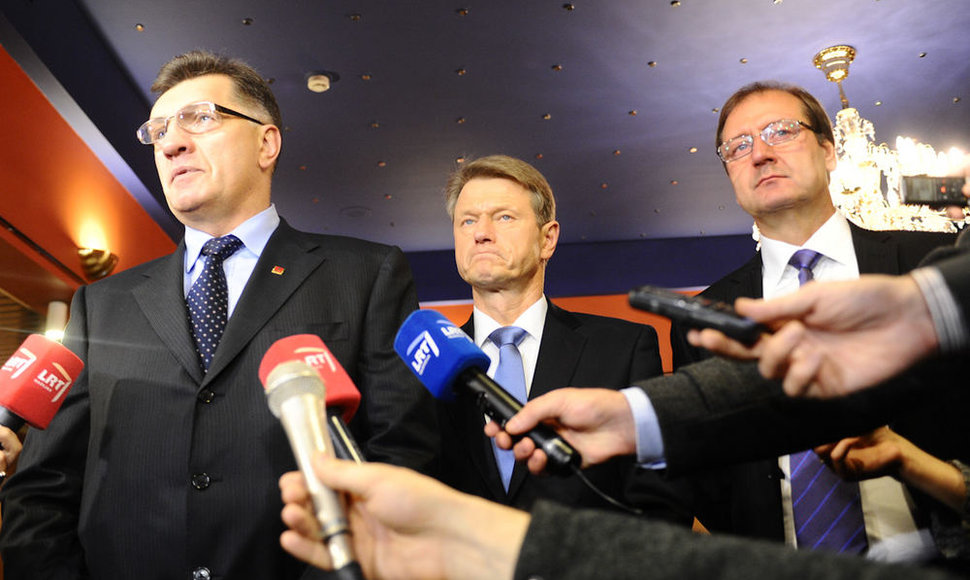“The programmes of these parties [Labour Party and SocDems] do not exhibit too many differences. They declare the targets of reducing social exclusion and raising minimum wages. However, I do not think that the Labour Party is left-wing. The question is how these parties will negotiate the issues pertaining to the system of taxation. Still, I do not think that taxes or energy could be those issues that could drive these parties apart,” Mačiulis told BNS.
The Labour Party should not favor the idea of introducing progressive taxes, he said.
“It does not look like the Labour Party and the Social Democrats could agree on progressive taxes. This proposal does not seem to be well acceptable to the Labour Party,” the analyst said.
Although the parties spoke about the reduced VAT on food products before the elections, no changes should be expected in the near future, Mačiulis said.
“No miracles should probably be expected here. If these parties form the government, they will probably see very soon that a VAT break is difficult to implement since it would reduce the budget revenues by nearly 1 billion litas (EUR 289.85m),” the economist said.
He noted, however, that an increase in minimum wages could be expected.
“As said previously, the minimum wages could be raised to 900 litas. Nothing terrible would happen even if it was raised to 1,000 litas. Thus the parties could partially deliver on their election promises,” Mačiulis said.












